-
Forgiveness In Families by Alice Munro Short Story Analysis
“Forgiveness In Families” is a short story by Canadian author Alice Munro. Find it in Munro’s 1974 collection Something I Have To Tell You.
-
Zog by Julia Donaldson and Axel Scheffler
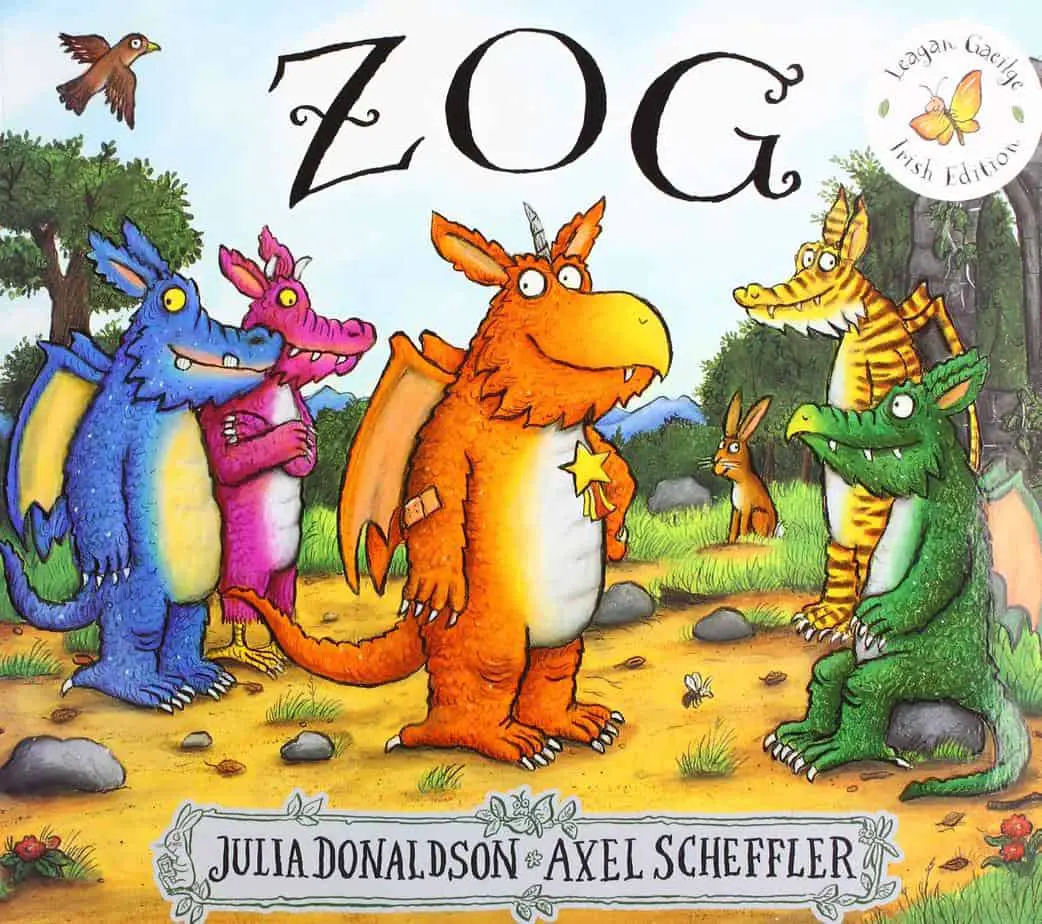
Zog (2010) is a picture book by best-selling British team Julia Donaldson and Axel Scheffler. Zog is regularly held up as a great feminist story for young readers. Zog interests me as an excellent example of a children’s story which looks feminist at first glance.
-
Anatole by Eve Titus & Paul Galdone (1956)
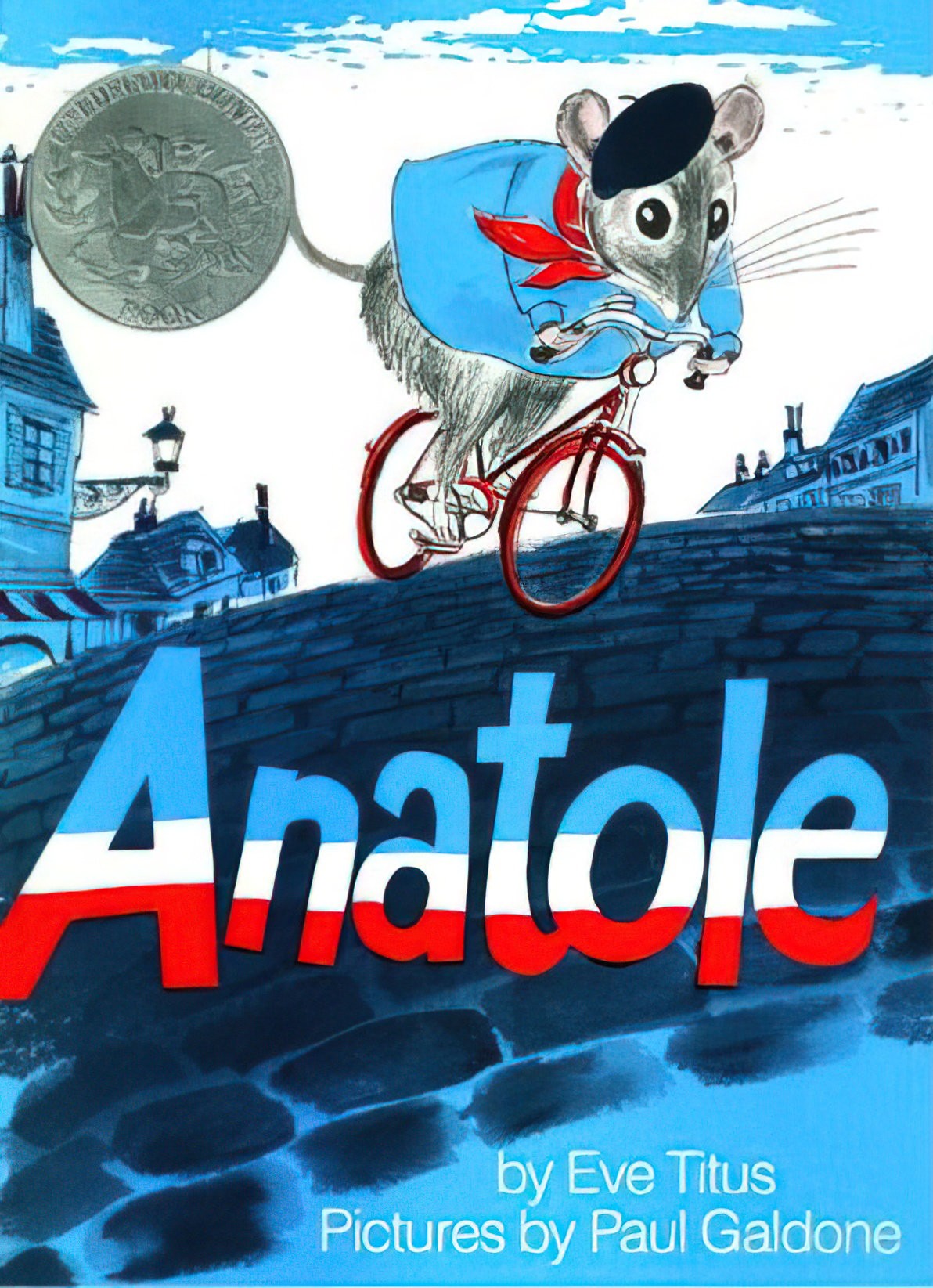
Anatole the mouse starred in a series of children’s stories by Eve Titus, illustrated by Paul Galdone in blue, red and white. The ten books were published 1956-1979. Today I’m taking a look at the picture book that opened the series. Anatole was named a Caldecott honour book.
-
Arthur’s Eyes by Marc Brown Analysis
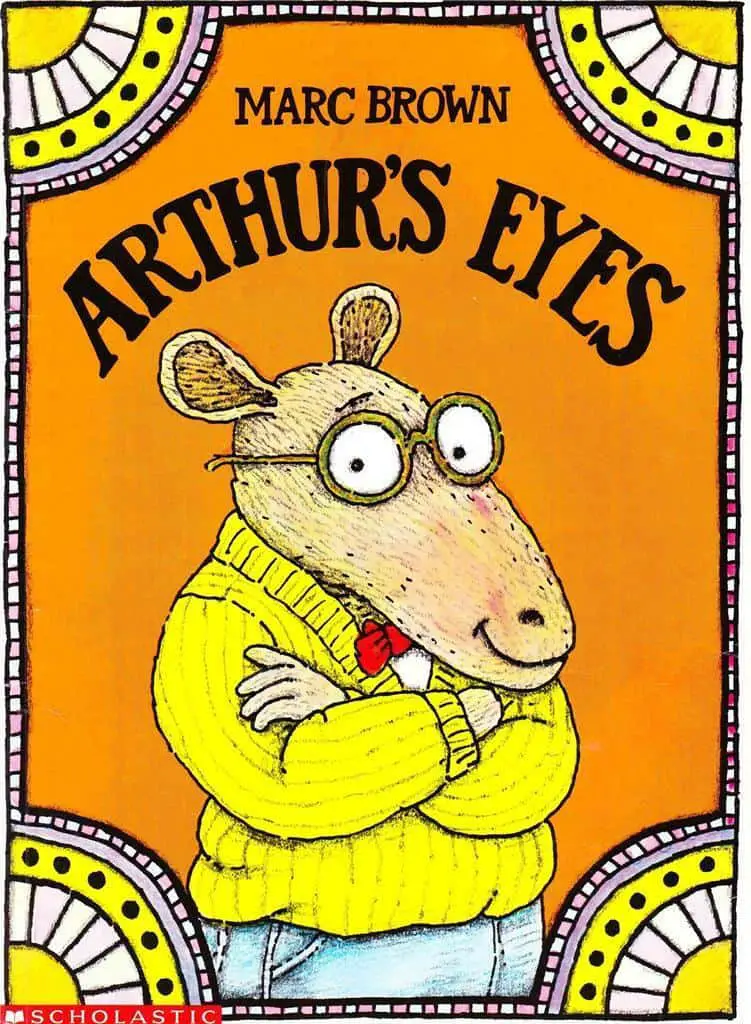
Arthur’s Eyes (1979) by Marc Brown is an early story of the popular Arthur series, about an ambiguously animal creature (only after looking it up do I understand he’s a brown aardvark) who lives with his nuclear family in an American suburb. This is a well-crafted story and really speaks to its young audience. The […]
-
Ideology In Children’s Literature: Against The Cult Of Busyness
In general, laziness in child heroes is a big no-no. But there is definitely a happy medium so far as children’s book creators are concerned. Once you become so busy that you neglect your loved ones, you’re working too hard. Many children’s books are about grandparents and grandchildren. In many stories, only the grandparent has time […]
-
Edwardo The Horriblest Boy In The Whole Wide World by John Burningham and Fabulously Naughty Children
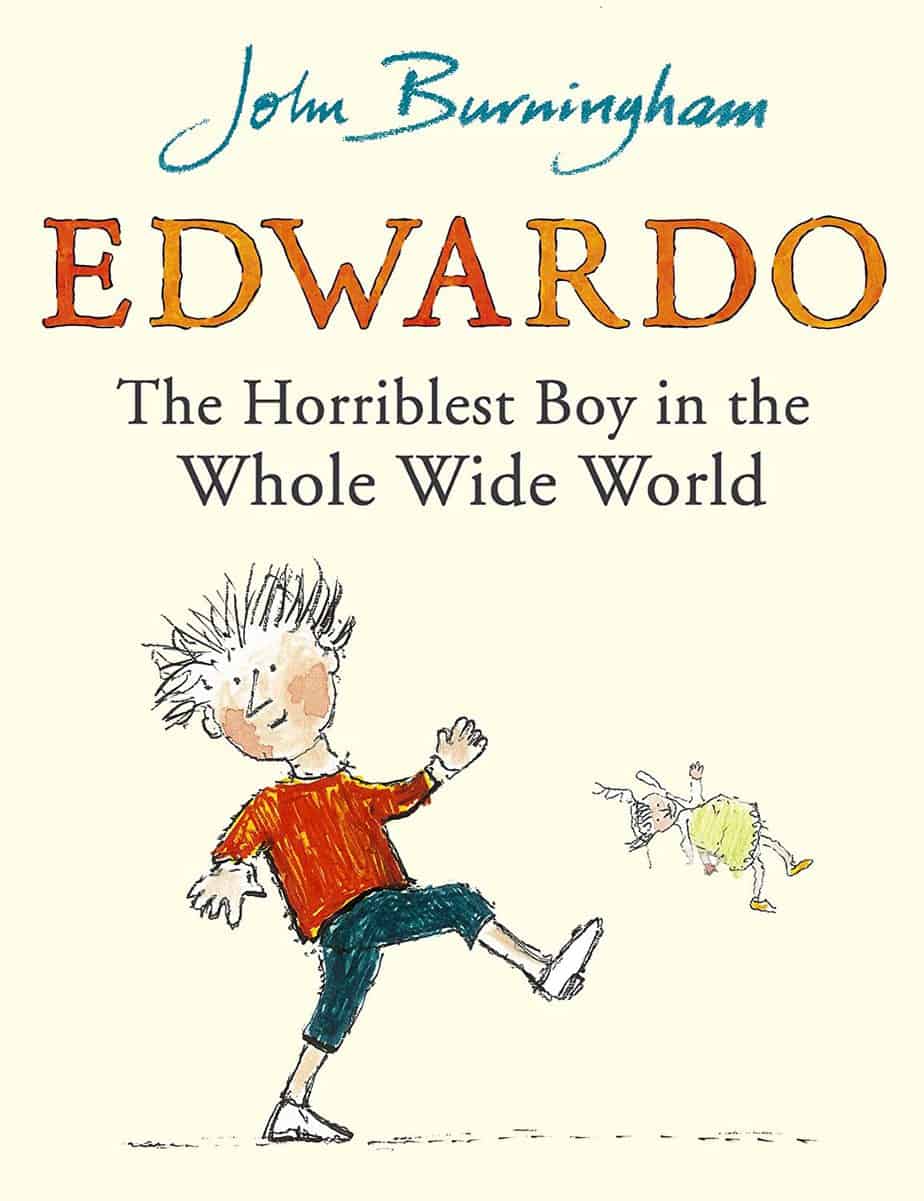
Edwardo, The Horriblest Boy In The Whole Wide World, written and illustrated by John Burningham (2006), is an excellent example of this modern ideology of ‘good’ vs ‘bad’ children, specifically how there is no such thing as good vs bad, but we’re all a little yin yang and can go either way depending on how […]
-
Fairy Cup Legends In Modern Children’s Stories
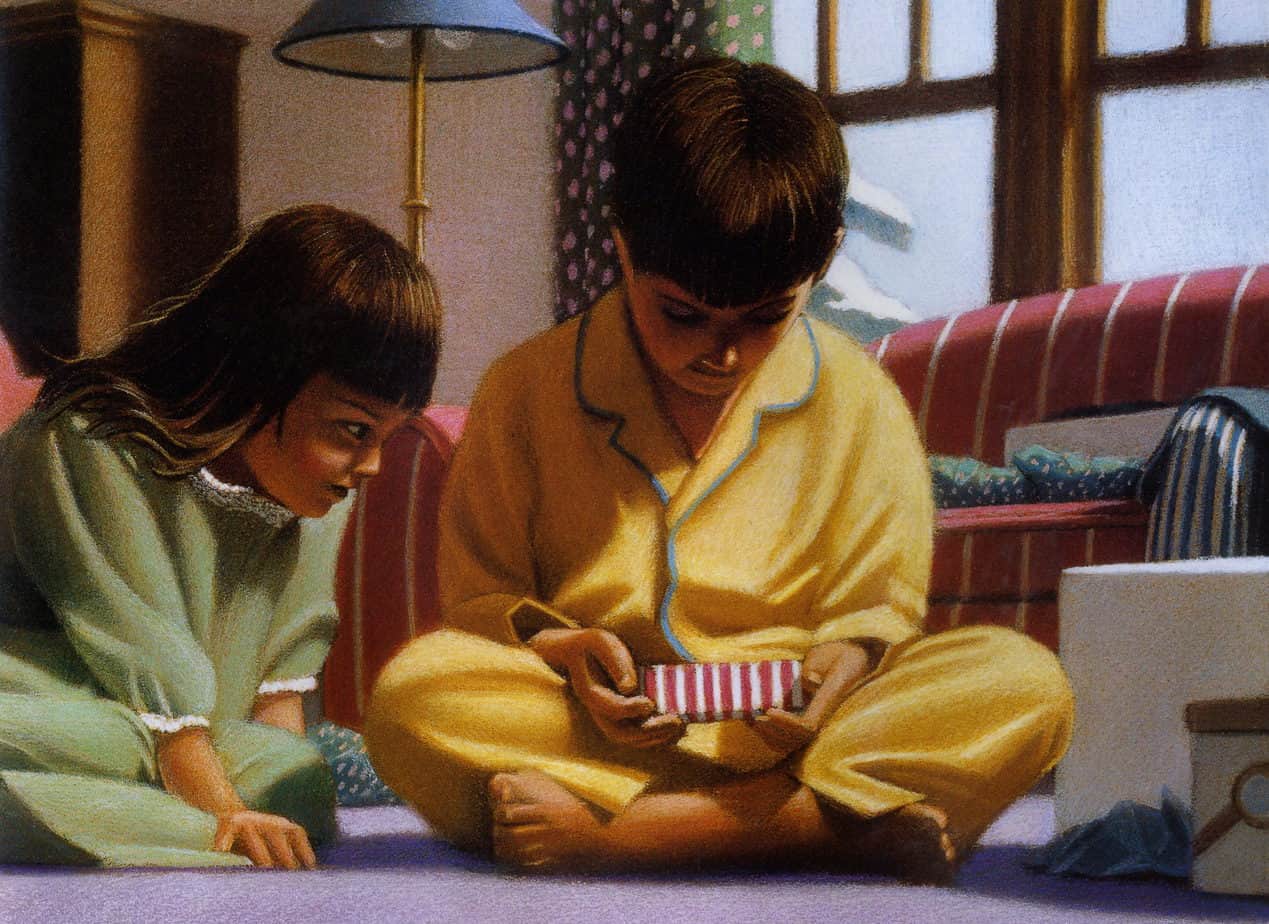
Is fairy land real? Some children’s stories would like us to think so. Their endings contain a ‘wink’, encouraging readers to carry the possibility of fantasy lands with them, even after the story draws to a close. This is one way of achieving resonance. We might argue this is a cheap trick. Enter Richard Dawkins, […]
-
The Ideology Of Wealth In Stories
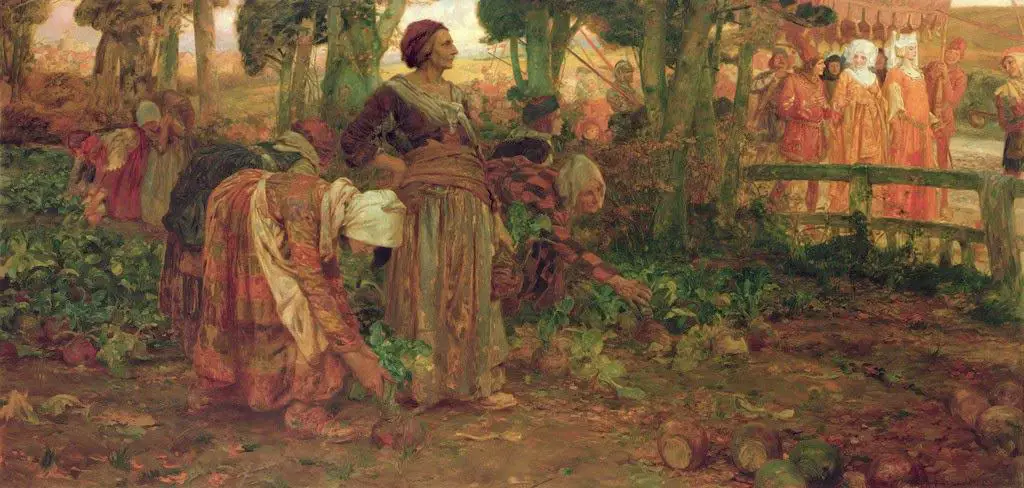
Wealth brings out the worst in people. This is the overriding message we get from stories in general, be they for children or adults. However, sometimes by working hard a hero can become rich. In a Cinderella story goodness leads naturally to riches. This is thought to be Cinderella’s rightful place — after all, Cinderella is not a rags to…
-
Individuality, The One True Self and Social Norms In Literature
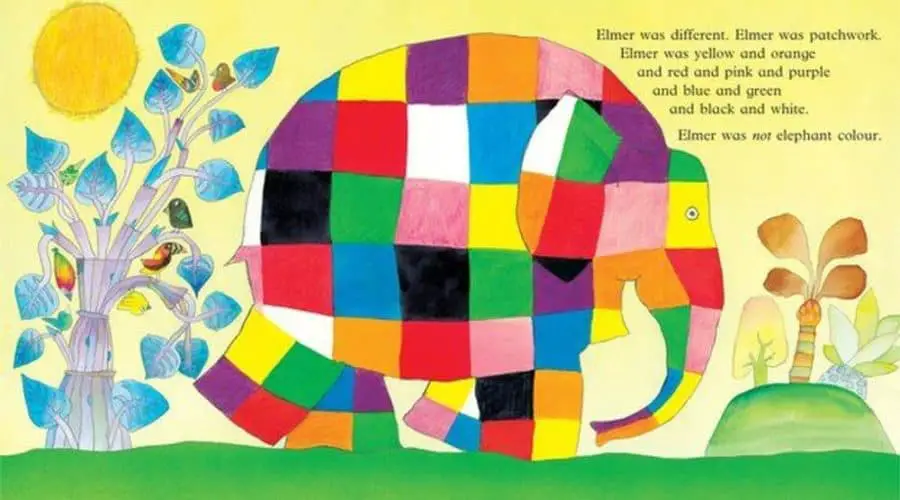
What is ‘the self’? Is it not possible that the rage for confession, autobiography, especially for memories of earliest childhood, is explained by our persistent yet mysterious belief in a self which is continuous and permanent; which, untouched by all we acquire and all we shed, pushes a green spear through the dead leaves and […]
-
Pixar’s Brave Film Study
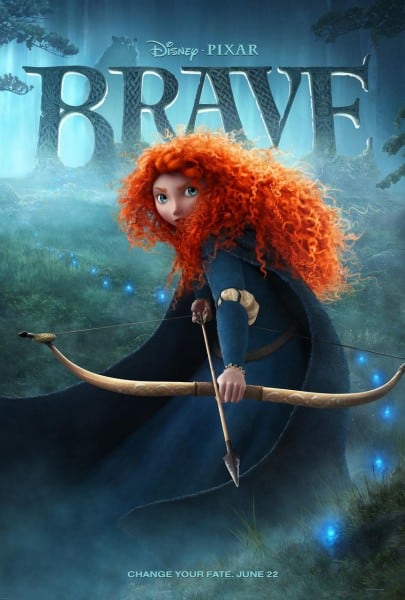
Brave was released by Pixar in 2012. At that point, there were no Pixar films with girls as main characters, so this film was welcomed with open arms by people who’d been waiting and waiting for this. Unfortunately, the story isn’t great. Kids are likely to enjoy it — or aspects of it — I […]
-
Illness and Disability in Children’s Literature
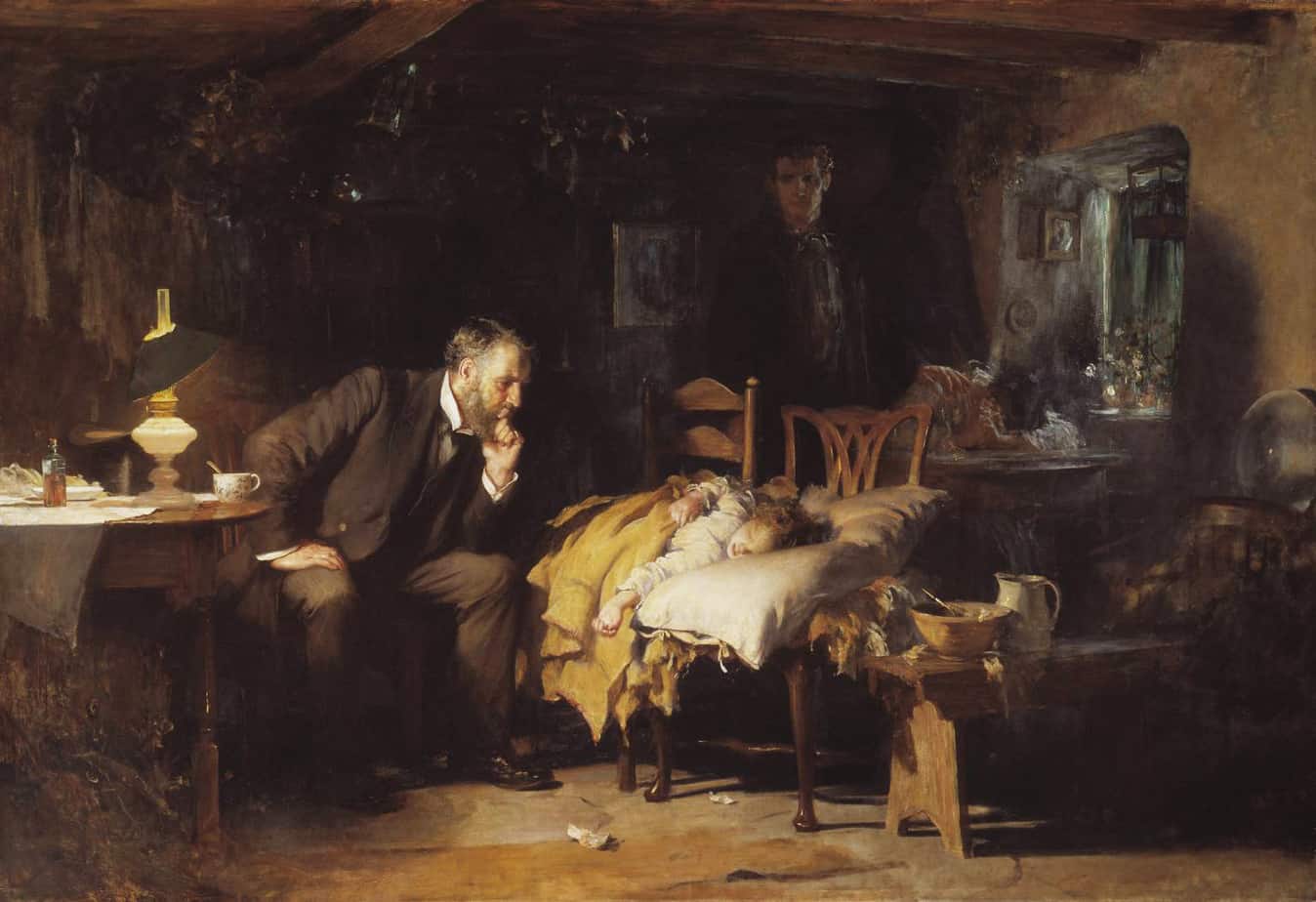
The United States has always been a terrible place to be sick and disabled. Ableism is baked into our myths of bootstrapping and self-reliance, in which health is virtue and illness is degeneracy. Madeline Miller Illness, disability and disfigurement has a problematic history in children’s literature. What are the main problems, today and in the […]
-
The Chicken Book by Garth Williams Analysis
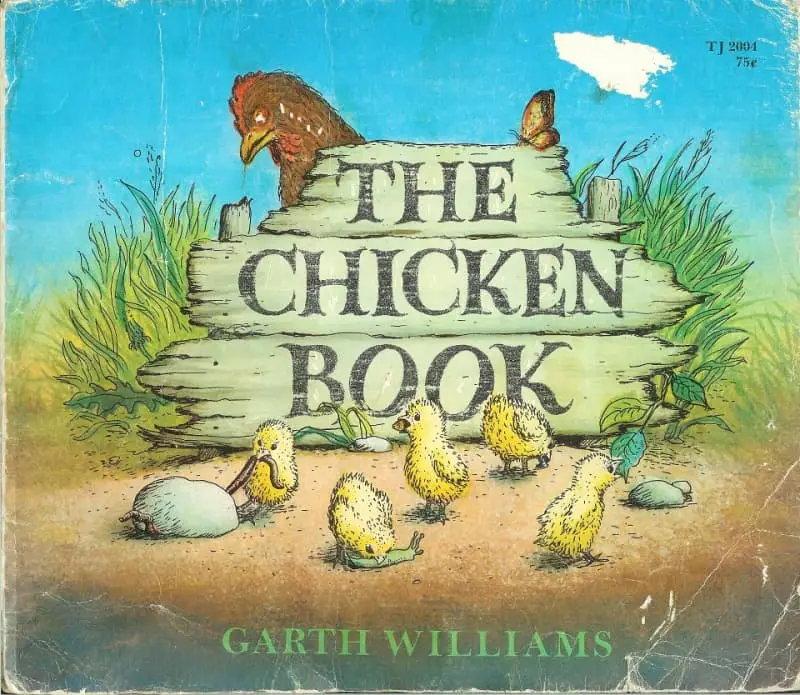
This month I’m blogging a series aimed at teaching kids how to structure a story. This seven-step structure works for all forms of narrative. It works for picture books, songs, commercials, films and novels. Today I take a close look at a story so simple you’d wonder how it could include all seven steps. Yet it […]
-
The Ideology Of Persistence In Children’s Literature Analysis
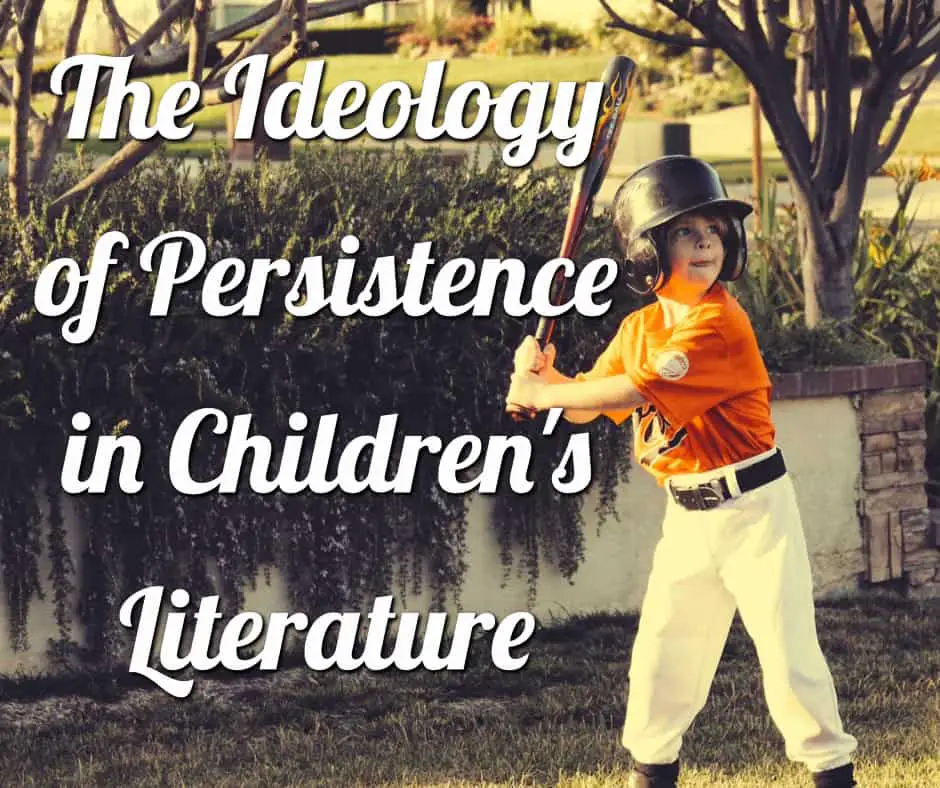
If you work hard you will find success. Persistence leads to success is a comforting truism, because we feel the future is under our own control. Work hard, you win. An episode of a Freakonomics podcast provides a strong, economically sound argument for sometimes giving up. But you’ll be hard pressed to find a book for […]
-
Drugs In Children’s Literature
What are psychotropic drugs? Psychotropic drugs include: Mental health remains highly stigmatized. While adults who need blood thinners, cholesterol-lowering medication and insulin can take their drugs without fear of judgement, making the decision to drug your child with psychotropic drugs is considered controversial. What does this all have to do with children’s literature? Surely writers are steering clear […]